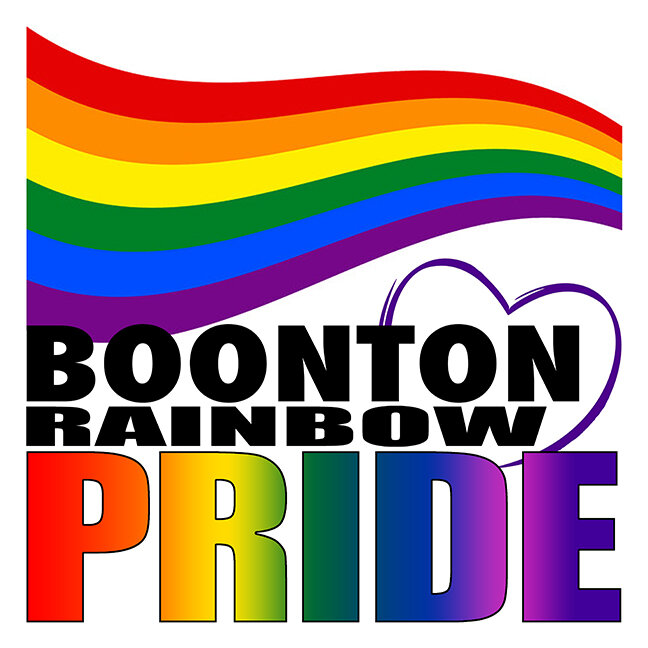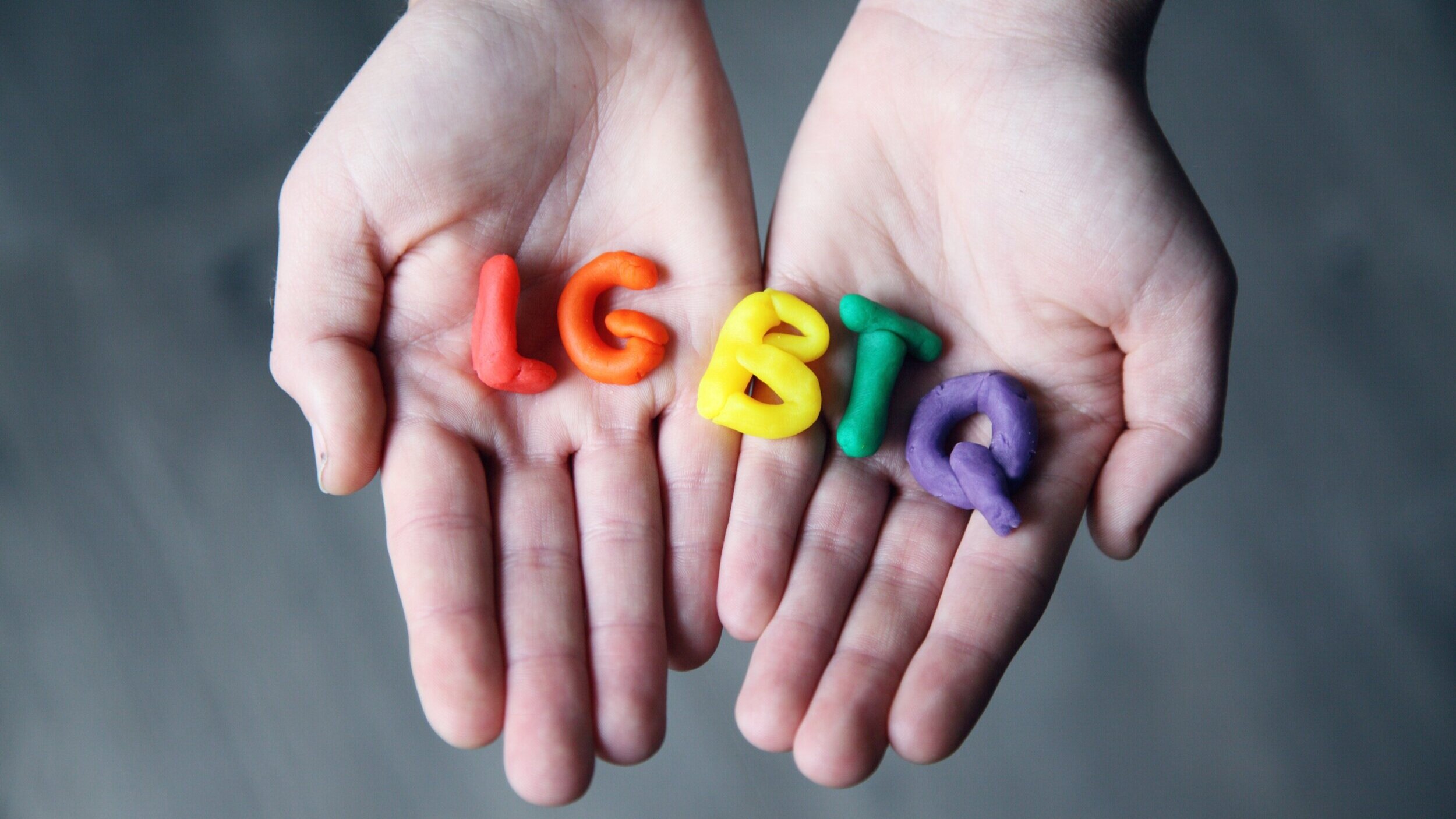
Want to learn more? Below are some resources that will help you get started.

Historical timeline of LGBTQIA+ history
1848
America’s first recorded anti-cross dressing law goes into effect in Ohio. These laws were frequently used by police through the mid-1970’s to target and harasses Gender Non-Conforming individuals and limit their social movements.
December 1924
After seeing the work of homophile organizations (gay rights) during his tour of duty with the US Army in Germany, Henry Gerber founded the Society for Human Rights in Chicago, the first gay rights organization in America, and began publishing “Freedom and Friendship,” America’s first ever gay rights newsletter. Despite raids from the police and suffering financial ruin due to his work, Gerber was not silenced, and he relocated to New York City, where he continued his activist work under the pen name “Parisex” until his death in 1972.
1950
The Mattachine Society was founded in California by Harry Hay. Named after the medieval French secret societies of masked individuals whose public performances often criticized the oppressive government of the day. During a time in American history when it was illegal for homosexuals to congregate, the Mattachine Society quickly became a space for gay and lesbian individuals to come together to express their frustrations with intolerance and lobby for meaningful changes in society until their gradual disbanding in the 1960’s.
April 27, 1953
President Eisenhower issued Executive Order 10450, which banned gay men and lesbians from working for any agency of the federal government. EO 10450 would not be overturned federally until 1973. Even still, it was not until 1975 that the US Civil Service Commission announced they would consider the employment of homosexuals on a case-by-case basis.
1955
The Daughters of Bilitis was formed as a social alternative to the lesbian bars of the day, which were often the targets of police harassment. Founded by women of color, the DOB has the distinction of being the first civil and political rights organization of its kind in the United States. Although the national organization for the DOB shuttered in 1970, their message of support and normalization of lesbian rights and feminist politics resonated with communities across the US, and some local chapters continued in the US until 1995.
January 13, 1958
The landmark Supreme Court case of One, Inc v Olsen rules in favor of the First Amendment Rights of LGBTQ+ magazine One, establishing that LGBT publications are not inherently obscene and could therefore be delivered by the US Postal Service.
May 1959
The Cooper Donut Riot happened in LA in response to frustrations over the police tactic of physically gender checking Gender Non-Conforming individuals.
January 1, 1962
Illinois becomes the first state to decriminalize homosexuality.
September 19, 1964
New York Army Induction Center Protest is considered the first true organized protest takes place in Manhattan over the Army’s failure to keep gay men’s draft records confidential.
April 25 & May 2, 1965
Dewey’s Restaurant Sit-in takes place in Philadelphia in response to the restaurant’s adopting a policy to refuse service to Gender Non-Conforming individuals.
April 21, 1966
Inspired by the Sit-ins of the civil rights movement, the Mattachine Society stages “Sip-ins” to expose the discriminatory nature of New York’s State Liquor Authority, which required bartenders to refuse service to individuals deemed disorderly- instantly disqualifying all gay patrons from being served. The pressure of the press coverage and involvement of the Commission on Human Rights lead to the broad opening up of NYC bars to gay patrons.
August 1966
Compton’s Cafeteria Riot in San Francisco’s Tenderloin District. Compton’s Cafeteria staff would frequently call the police on Gender Non-Conforming patrons, and police would arrest these individuals for various small crimes, including “female impersonating.” Violence erupted one such night, and the fight spilled over into the streets as members of the LGBTQ+ community stood up for their rights and fought against police brutality, discrimination, and oppression in their community.
February 11, 1967
A group of 200 protesters assembled in a civil demonstration against the police raid of the Black Cat Tavern in LA that occurred on New Year’s Eve where undercover policemen beat same-sex kissing patrons for the crime of “public lewdness.”
July 4th 1965-1969
Philadelphia’s Independence Hall Annual Reminder Protests. Every 4th of July from 1965 to 1969, a small group representing the LGBTQ+ community assembled in orderly picket lines demanding their lawmakers enact legislation to protect their rights as a minority group.
June 28, 1969
The Stonewall Inn in Greenwich Village, New York becomes the site of three days of rioting after patrons become frustrated with it being a frequent target of raids by police trying to rid the neighborhood of “deviants.” Many people view this event as the beginning of the modern Gay Rights Movement.
June 28, 1970
To commemorate the anniversary of the Stonewall riots, thousands of members of the LGBTQ+ community march through Central Park in what is now considered the first ever Pride Parade.
March 11, 1973
Jeanne Manford hosts the first PFLAG meeting to 20 people in the basement of the Metropolitan-Duane Methodist Church in Greenwich Village. From these humble beginnings, PFLAG has grown to over 200,000 members across more than 400 chapters, and continues work in its mission of advocacy, education and support for the LGBTQ+ community.
December 15, 1973
The American Psychiatric Association removes homosexuality from its list of mental illnesses.
January 1974
21 year old Kathy Kozachenko becomes the first openly gay public official in the US to be elected after winning a seat on the City Council of Ann Arbor, Michigan.
July 1974
The city of San Francisco repeals its anti-cross dressing laws.
November 8, 1977
Harvey Milk is the first openly gay official to be elected in the state of California, and spearheads many gay rights initiatives before his assignation on November 27, 1978 by disgruntled former city supervisor Dan White.
June 1978
Gilbert Baker’s Pride Flag first flew in San Francisco's United Nations Plaza for Gay Pride Day. His design is the basis of the modern Pride Flag.
Easter Sunday, 1979
The Sisters of Perpetual Indulgence introduced the world to their mission of exposing bigotry and providing community service and outreach through their unique brand of humor.
October 14, 1979
An estimated 75,000 people participate in the National March on Washington for Lesbian and Gay Rights, which advocated for both equal rights and civil rights protections for the LGBTQ community.
1980
Steve Endean founds the Human Rights Campaign, which as grown into the largest LGBTQ+ advocacy and lobbying organization in the US, with over 3 million members and counting.
June 1981
The CDC publishes information about rare, aggressive forms of pneumonia and cancer affecting gay men, dubbed “Gar-Related Immune Deficiency,” and prompting the declaration of a public health crisis within the gay community. It is in 1982, after medical researchers realize that this disease was affecting individuals outside the gay community that the name was changed to AIDS (Acquired Immunodeficiency Disease).
March 10, 1987
ACT-UP (Aids Coalition to Unleash Power) was founded by Larry Kramer as a political action group in response to the AIDS crisis with the mission of improving the lives of people living with AIDS through direct action, medical treatment and research, and advocacy in both public and private arenas.
June 1987
Cleve Jones, along with Mike Smith Gert McMullin and several others, formally organize the NAMES Project Foundation, who goal was to help people understand the impact of AIDS through the creation of a visual memorial of its victims.
November 1988
The Gay-Straight Alliance (GSA) was formed at Concord Academy in Concord, Massachusetts when student Meredith Sterling approached recently out teacher Kevin Jennings over her concerns of the treatment of gay students by other members of the community. Today there are over 4,000 GSA chapters in schools across the country, providing safe spaces for LGBTQ+ students and allies.
October 11, 1987
The first AIDS Memorial Quilt is displayed at the National Mall in Washington, DC during the National March on Washington for Lesbian and Gay Rights. That first quilt, featuring 1,920 panels, occupied a space larger than a football field.
1990
Children of Lesbians and Gays Everywhere (COLAGE) is founded by six youths with lesbian and gay parents as a space to celebrate family and the unique heritage of the LGBTQ+ community through community, mentorship and advocacy.
May 25, 1991
Welmore Cook, Theodore Kirkland and Ernest Hopkins organized the first DC Black Pride event in Washington, DC as a way of enhancing the visibility of Black LGBTQ+ community members.
December 21. 1993
The DOD enacts the “Don’t Ask, Don’t Tell,” policy, prohibiting military recruitment programs from barring applicants from service because of their sexual orientation, while preventing LGBTQ+ recruits from being open about their orientation. It will not be until December 18, 2010, when the Senate repeals the Act, that LGBTQ+ individuals may serve openly in the military.
May 20, 1996
In Romer v Evans, the US Supreme Court rules Colorado’s 2nd Amendment unconstitutional, ensuring that LGBTQ+ members of the community are protected against discrimination.
September 21, 1996
President Clinton signs the Defense of Marriage Act (DOMA) into law, making the legal definition of marriage as that between one man and one woman.
April 26, 2000
Vermont becomes the first state to legally recognize same-sex civil unions and domestic partnerships.
June 26, 2003
In the case of Lawrence v Texas, the US Supreme Court rules unconstitutional laws prohibiting same-sex relations between consenting adults, ensuring LGBTQ+ couples a legally protected right to privacy and freedom from interference from the police.
November 4, 2008
California voters approve Proposition 8, making same-sex marriage illegal in the state.
May 18, 2004
Massachusetts becomes the first state to legalize gay marriage, ensuring all its citizens dignity and equality under the eyes of the law.
October 28, 2009
The Matthew Shepard Act is passed by Congress and signed into law by President Obama, expanding the definition of hate crimes to include those motivated by the victim's actual or perceived gender, sexual orientation, gender identity or disability.
August 4, 2010
A federal judge rules California’s Proposition 8 unconstitutional, opening the path for legal same-sex marriage in the state.
March 31, 2009
Founded by activist Rachel Crandall, the first International Transgender Day of Visibility celebrates the accomplishments of Gender Non-Conforming and transgender individuals while also raising awareness of the issues that jeopardize their mental health and lives.
February 2013
The Colorado Civil Rights Division rules in favor of Coy Mathis, a transgender girl in the first grade, stating that she has the right to use the restroom that corresponds to her declared gender identity. This landmark ruling paves the way for more inclusive school atmospheres around the country.
June 26, 2015
The US Supreme Court decides the case of Obergefell v. Hodges, making same-sex marriage in all 50 states.
July 2015
The Military lifted its ban on allowing transgender Americans to serve openly. This ruling was rescinded in April 2019 by the Trump administration, and reinstated in April 2021 by the Biden administration, meaning that transgender people may once again join and serve openly in the military.
June 30, 2019
The first Queer Liberation March takes place; its organizers goal is a return to grassroots advocacy and a move away from commercialization of LGBTQ+ rights issues.
November 2018
150 LGBTQ+ candidates were elected into office during the midterm elections, placing a historic number of LGBTQ+ individuals into positions of political power.
June 15, 2020
The US Supreme court expands the 1964 Civil Rights Act to protect sexual minorities and transgender individuals from workplace discrimination.
June 14, 2020
Over 15,000 people turn out at the Brooklyn Museum in support of Black trans lives, highlighting the dangers Black trans women face daily in their pursuit of authenticity.



